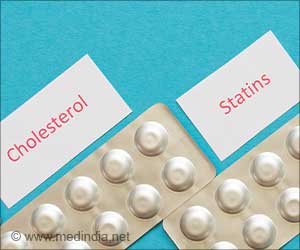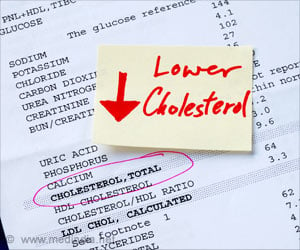According to a small study, vertical work-stations, incorporating a treadmill, could help obese employees shed up to 30 kg in weight every year.
The vertical ‘walk and work’ desk allows people to work at a computer while simultaneously walking on a treadmill at a speed of their own choosing.Designed by the authors, the steel frame of the device is shaped in the form of the alphabet ‘H’ and held by four locking rubber wheels, so that it can be moved about easily.
The frame has a Plexiglass panel on to which two adjustable arms are bolted. One of the arms holds the computer screen and the other supports the keyboard and mouse. Slats provide storage for personal items.
The researchers compared the energy used at the ‘walk and work’ desk with that used while seated at a conventional desk in 15 obese people with sedentary jobs. None of the participants did any regular exercise.
Energy expenditure was measured while working and walking for 35 minutes out of an hour in total and compared with that burned while working, seated at a desk.
The average energy burned while seated at a desk was 72 kilocalories per hour.
Advertisement
The authors calculate that if obese employees used the vertical work-station for a couple of hours a day, they could boost their energy expenditure by 100 kilocalories an hour. Over the course of a year, that could translate into shedding between 20 and 30 kg, they say.
Advertisement
And they suggested that devices, such as the vertical workstation, could help to reverse the rising tide of obesity.
The study is published in the in the British Journal of Sports Medicine.
Source-ANI
SRM/B






